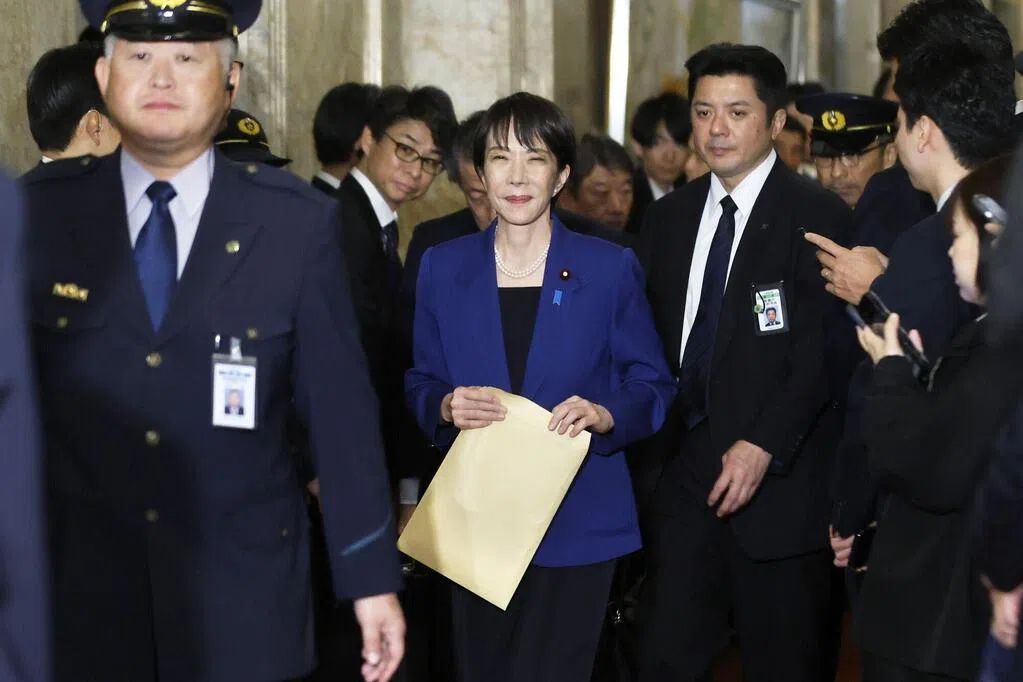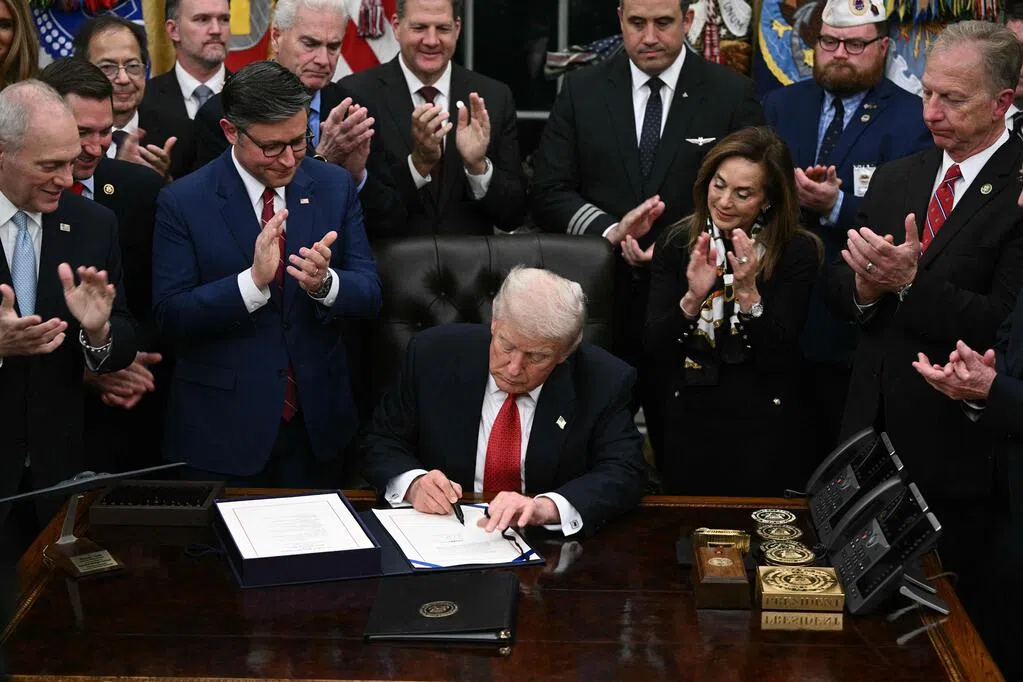(Tokyo) – Japanese government sources revealed that Prime Minister Sanae Takaichi is considering revising Japan's long-standing three non-nuclear principles. This marks a significant shift in Japan's security policy amid the current tense security environment.
As the only country in the world to have suffered atomic bombings, Japan has consistently adhered to the three principles of "not possessing, not manufacturing, and not introducing" nuclear weapons. However, sources told Kyodo News on Friday (November 14) that the third principle is considered potentially weakening the nuclear deterrent capability of its ally, the United States.
The sources said that given Japan's status as a signatory to the Treaty on the Non-Proliferation of Nuclear Weapons, Takaichi has no intention of revising the "not possessing" and "not manufacturing" principles of the three non-nuclear principles. Her concern is that if Japan adheres to the "not introducing" principle, it will be unable to allow US nuclear-armed ships to dock in Japan, thus weakening the US nuclear deterrent in the event of a contingency.
The three non-nuclear principles were proposed by then-Prime Minister Eisaku Sato in 1967 and have been upheld by successive Japanese governments. Japan's current National Security Strategy states that "the basic policy of adhering to the three non-nuclear principles will not change," but the ruling Liberal Democratic Party (LDP) plans to begin discussing revisions to three security-related documents soon, aiming to finalize recommendations by next spring. The Japanese government will then work to revise the security documents by the end of next year.
Some members of the Japanese government and the LDP have suggested that the new National Security Strategy should avoid explicitly stating Japan's commitment to the three non-nuclear principles, or that the wording should be changed.
Further Reading


Japan's long-standing stance on moving towards a "nuclear-free world" may be backtracking, likely drawing criticism both domestically and internationally.
Japan's neighbors, China, North Korea, and Russia, all possess nuclear weapons, and the military activities of these three countries are causing growing concern for Japan. Over the past decade, Japan has significantly relaxed post-war military restrictions and relied on the US nuclear umbrella.
Takai, who took office as prime minister last month, hopes to strengthen Japan's defense capabilities, and revising the national security strategy and defense force development plan has become a focal point.
Takai's lack of a clear stance sends a dangerous signal to the Chinese Foreign Ministry. When asked at a House of Representatives Budget Committee meeting on Monday (10th) whether he would adhere to the three non-nuclear principles, Takai did not give a clear answer, only saying, "The relevant documents are about to be revised, and now is not the time for me to elaborate on the content."
Chinese Foreign Ministry spokesperson Lin Jian criticized the Takai government's vague and ambiguous stance on the three non-nuclear principles at a regular press conference on Friday, suggesting a possible abandonment, "fully exposing a major negative shift in Japanese policy and sending a dangerous signal to the international community."



